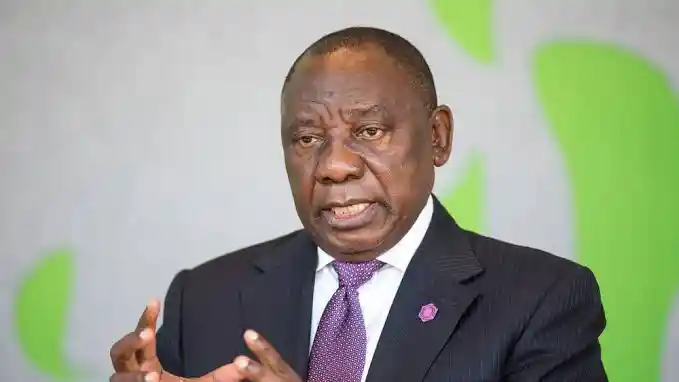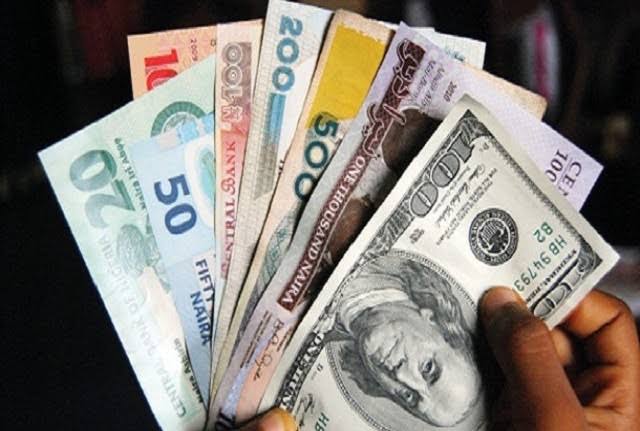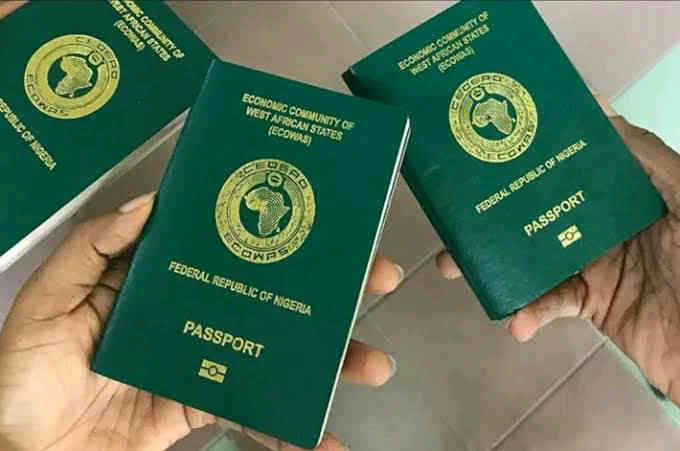What is the Dollar to Naira Exchange rate at the black market also known as the parallel market (Aboki fx)?
The exchange rate between the US dollar and the Nigerian naira has always been a topic of great interest and concern for many Nigerians, particularly those involved in international trade, travel, and investments. The parallel market, also known as the black market or Aboki FX, often offers a different rate from the official Central Bank of Nigeria (CBN) rates. For many, this is a critical source of foreign exchange.
See the black market Dollar to Naira exchange rate for June 24, 2024, below. You can swap your dollar for Naira at these rates.
How much is a dollar to naira today in the black market?
Dollar to naira exchange rate today black market (Aboki dollar rate):
The exchange rate for a dollar to naira at Lagos Parallel Market (Black Market) players buy a dollar for N1495 and sell at N1500 on Sunday 23rd June 2024, according to sources at Bureau De Change (BDC).
Please note that the Central Bank of Nigeria (CBN) does not recognize the parallel market (black market), as it has directed individuals who want to engage in Forex to approach their respective banks.
Dollar to Naira Black Market Rate Today June 24, 2024
| Dollar to Naira (USD to NGN) | Black Market Exchange Rate Today |
| Buying Rate | N1490 |
| Selling Rate | N1495 |
Dollar to Naira CBN Exchange Rate
The Central Bank of Nigeria sets the official exchange rates, providing stability through government regulation. As of now, the rates are:
Dollar to Naira CBN Rate Today
| Dollar to Naira (USD to NGN) | CBN Rate Today |
| Buying Rate | N1479 |
| Selling Rate | N1480 |
These rates reflect government policies aimed at stabilizing the naira and managing foreign exchange reserves. Businesses and individuals who prefer regulated transactions often rely on these rates.
Please note that the rates you buy or sell forex may be different from what is captured in this article because prices vary
Factors Influencing Black Market Rates
Understanding the factors that influence the dollar to naira exchange rate in the black market can help anticipate changes and make better financial decisions.
Economic Policies
Government policies significantly impact exchange rates. Decisions on interest rates, inflation control, and foreign exchange regulations by the Central Bank of Nigeria (CBN) directly affect the naira’s value. For instance, when the CBN adjusts policies to manage inflation or stabilize the naira, it impacts the exchange rate.
Supply and Demand
The availability of foreign currency versus the demand for it plays a crucial role. When foreign currency is scarce or demand is high, the naira depreciates, leading to higher exchange rates. Conversely, an abundant supply of dollars can lead to lower rates.
Political Stability
Geopolitical events and internal political stability affect investor confidence. Political unrest or uncertainty can cause the naira to depreciate as investors move towards safer assets. Stability and positive political developments, on the other hand, can strengthen the naira.
Global Economic Conditions
Global market conditions, such as shifts in oil prices (a major export for Nigeria), international economic trends, and global inflation rates, influence the naira’s value. For example, a significant drop in oil prices can negatively impact Nigeria’s economy and the naira.
Comparing Official and Black Market Rates
There is a significant disparity between official and black market rates. The black market offers higher rates, but with substantial risks such as fraud and legal issues. The CBN advises using official channels to avoid these risks. Official rates provide stability and reliability, making them safer for most transactions.
Pounds and Euro to Naira Exchange Rates
For those dealing with currencies other than the US dollar, here are the latest rates:
Pounds to Naira (CBN Rates)
- Buying Rate: ₦1,890
- Selling Rate: ₦1,905
Euro to Naira (Black Market Rates)
- Buying Rate: ₦1,615
- Selling Rate: ₦1,625
These rates are also subject to market conditions and economic policies.
Geegpay and Grey: online Exchange Platforms
Digital platforms like Geegpay and Grey offer convenient and secure options for currency exchange, providing competitive rates.
Geegpay Dollar to Naira Rates
- EUR (€): Buying at ₦1,690.03, Selling at ₦1,695.55
- GBP (£): Buying at ₦1,950, Selling at ₦1,965
- USD ($): Buying at ₦1,500, Selling at ₦1,550
Grey Dollar to Naira Rates
- EUR (€): Buying at ₦1,640.03, Selling at ₦1,719
- GBP (£): Buying at ₦1,902, Selling at ₦2,015
- USD ($): Buying at ₦1,460, Selling at ₦1,500
These platforms have gained popularity due to their ease of use, transparency, and security, making them viable alternatives to traditional methods.
Why the Disparity Between Official and Black Market Rates?
The disparity between the official CBN rates and the black market rates is influenced by several factors:
- Supply and Demand: The availability of foreign currency in the official market is often limited, leading individuals and businesses to seek forex in the black market where demand drives up prices.
- Regulatory Restrictions: The CBN imposes restrictions on the amount of forex available for personal and business use, making it difficult for many to meet their needs through official channels.
- Economic Instability: Fluctuations in oil prices, inflation, and economic policies can create uncertainty, prompting people to turn to the parallel market for more favorable rates.
Impact of Black Market Rates on the Economy
The high exchange rates in the black market can have various implications for the Nigerian economy:
- Inflation: Higher costs for imported goods can drive up prices locally, contributing to inflation.
- Investment: Unfavorable exchange rates can deter foreign investment as investors seek more stable economic environments.
- Trade: Exporters may benefit from higher naira values per dollar, while importers face increased costs, potentially leading to trade imbalances.
Navigating the Parallel Market Safely
For those needing to engage in forex transactions through the black market, safety and caution are paramount. Here are some tips:
- Verify Rates: Always check the latest rates from reliable sources like Aboki FX to ensure you get the best deal.
- Deal with Reputable Dealers: Engage with well-known and trusted Bureau De Change operators to avoid scams.
- Stay Informed: Keep abreast of economic news and CBN policies that could affect exchange rates.
FAQs
- How much is a dollar to naira today in the black market? The buying rate is N1495, and the selling rate is N1500 as of June 23rd, 2024.
- Why does the black market offer higher rates than the CBN? The black market rates are driven by supply and demand dynamics, regulatory restrictions, and economic instability.
- Is it legal to trade forex in the black market? While the CBN discourages it, many engage in the black market due to the unavailability of sufficient forex through official channels.
- What are the risks of trading in the black market? Risks include fluctuating rates, potential scams, and the legal gray area of such transactions.
- Can the CBN influence black market rates? The CBN can influence these rates through monetary policy, forex interventions, and regulatory measures, but direct control is limited.
- How often do black market rates change? Rates can change daily or even multiple times within a day, depending on market conditions and economic news.
Conclusion
The dollar to naira exchange rate at the black market reflects a complex interplay of economic factors, regulatory frameworks, and market dynamics. While it offers a critical alternative for many Nigerians seeking forex, it also underscores the challenges and opportunities within Nigeria’s broader economic landscape. Staying informed and cautious can help navigate this often volatile market effectively






























